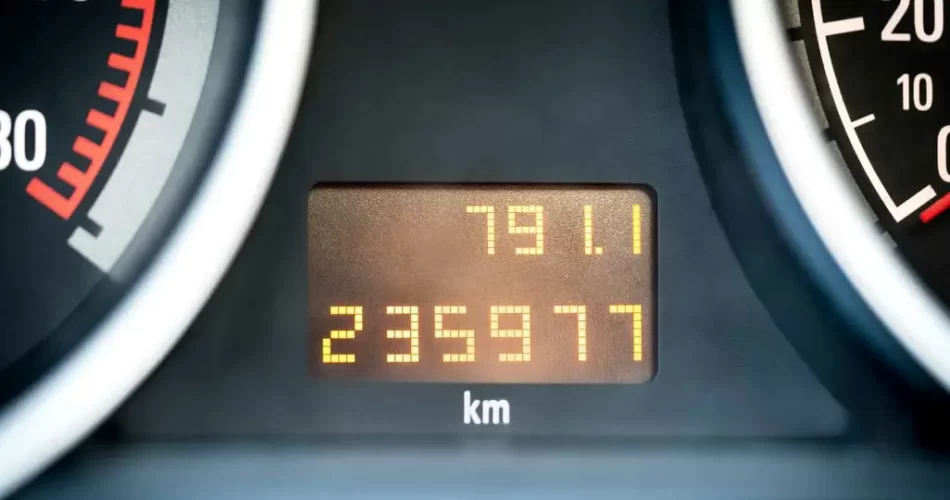The useful life of a car can vary significantly depending on a number of factors, including the power of its engine or the type of fuel it uses. Other aspects such as regular maintenance, driving conditions, climate and component quality also play an important role in determining how many years it can be on the road. Thus, on average, the useful life can be around 13 years; but this figure can also vary greatly depending on the type of driving.
What is the useful life of a car according to its engine?
As we have mentioned, the useful life of a car depends on many variables, and one of them is its engine. This post will also help you estimate how many kilometers a used car should have if you are interested in buying one. Stay with us and take a look.
“The useful life of a car depends on a number of interconnected factors, ranging from proper maintenance and accident history to accumulated mileage and vehicle usage”
The useful life of a gasoline-powered car
A gasoline-powered car generally has a service life ranging from 200,000 to 300,000 km, provided it is properly maintained. Although this range may change depending on the make and model of the vehicle, as well as how it is cared for throughout its service life. In this sense, oil and filter changes and general engine care are key points to ensure that a gasoline car can extend its useful life. What is essential, both in gasoline and diesel cars, is to keep the timing belt in optimum condition.
The service life of a diesel car
In comparison, diesel cars tend to have an even longer service life. Some of these vehicles can exceed 300,000 kilometers per year, and even 400,000 kilometers with proper maintenance and favorable driving conditions. They can even reach half a million kilometers.
Diesel engines tend to be more robust and durable. This makes them an attractive option for drivers looking for lower fuel consumption. However, as with gasoline cars, correct maintenance is essential to extend the service life of a diesel car.
Factors influencing a car’s service life
There are many factors and aspects that can influence how long a car can last. Some of them are the following, according to the Spanish Association of Manufacturers.
- Proper maintenance: regular and proper maintenance, including oil changes, filters and periodic checks, is essential to extend the service life and avoid having to change cars in a short period of time.
- Mileage: the number of kilometers traveled by the car directly affects its wear and, therefore, its useful life. High mileage can shorten the service life of the engine and other components.
- Accident history: accidents can cause structural and mechanical damage that reduces the useful life of the car, even if properly repaired.
- Fuel quality: using low-quality fuel can damage the engine and its components, which can shorten the life of the car.
- Driving conditions: driving in extreme conditions, such as heavy traffic or rough terrain, can increase wear and affect how long the vehicle lasts.
- Climate and environment: extreme climates and corrosive environments accelerate rust and deterioration of the car’s body and components.
- Car use: the way the car is used, whether for long or short trips, can affect its life. Long trips at constant speeds may be less wear and tear than constant city traffic.
- Vehicle maintenance: we refer to the quality of spare parts and workmanship in repairs and maintenance.
- Vehicle age: the natural aging of components over time influences the life of the car, even if it is well maintained. It should be taken into account that a 20 year old car already shows wear and tear.
In summary, how long a car will last depends on a number of interconnected factors, ranging from proper maintenance and accident history to accumulated mileage and vehicle usage. Fuel quality, driving conditions, climate and environment, as well as the age of the car, also influence how long a vehicle can last.
So with careful attention and consideration of these factors, it is possible to significantly extend the effective life of your car, and enjoy optimum performance over the years.

